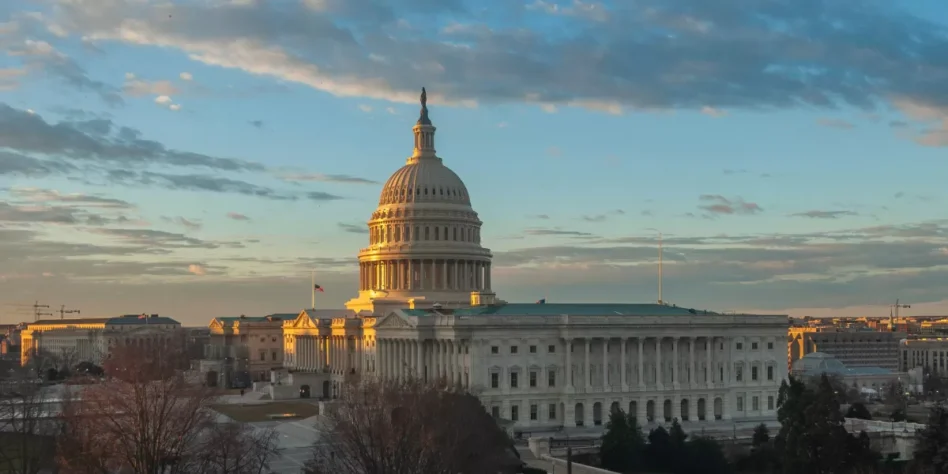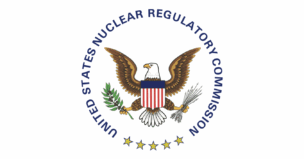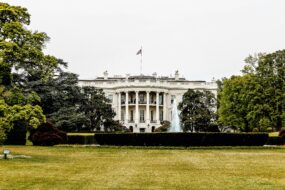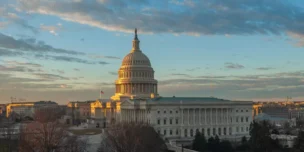Congress was busy last week talking nuclear energy. A bill that spearheads regulatory changes for both fusion and fission energy has now passed both chambers of Congress and awaits only the president’s signature.
The legislation passed under the banner of the Fire Grants and Safety Act, though the bulk of the bill’s text was dedicated to the new potential nuclear energy laws. Though not the headliner, nuclear energy proved to be a popular supporting act, with a lot of discussion but little opposition from either side of the aisle in both chambers.
Fission policy ADVANCEs: The Accelerating Deployment of Versatile, Advanced Nuclear for Clean Energy (ADVANCE) Act sums it up in the title. With few exceptions, members of Congress want to bring more nuclear power back home to their states, and they’re looking to do it faster than is possible under current licensing frameworks.
The act mainly focuses on NRC processes, directing the agency not to unnecessarily limit the expansion of new nuclear projects in the US. It also:
- Gives the NRC the go-ahead to hire more staff to ramp up operations
- Encourages the commission to take an international role, coordinating imports and exports of nuclear energy technology between the US and other Organisation for Economic Co-operation and Development (OECD) members
- Limits the fees imposed on applicants for advanced reactor licenses
- Establishes awards for first-of-its-kind advanced reactor deployments
Fusion splits off: Congress topped off its consideration of nuclear energy with a new provision for fusion, straightforwardly named the Fusion Energy Act, that sets the stage for a more streamlined regulatory path for fusion plants.
- The bill puts fusion machines in the same bucket as particle accelerators—not fission reactors—when it comes to licensing and regulating.
- It codifies an NRC decision last year to maintain separate licensing processes for fission and fusion projects.
“Fusion has the potential to play a tremendously important role in our clean energy future as a source of cheap and abundant carbon-free energy, and this bill will help ensure the United States maintains our leadership on this promising technology,” Sen. Patty Murray (D-WA), one of the senators who introduced the Fusion Energy Act, said in a statement.
What’s next? The whole package passed the Senate with broad bipartisan support in an 88-2 vote last week, and now it’s up to President Joe Biden to sign it into law.
Lead Reporter of Ignition




